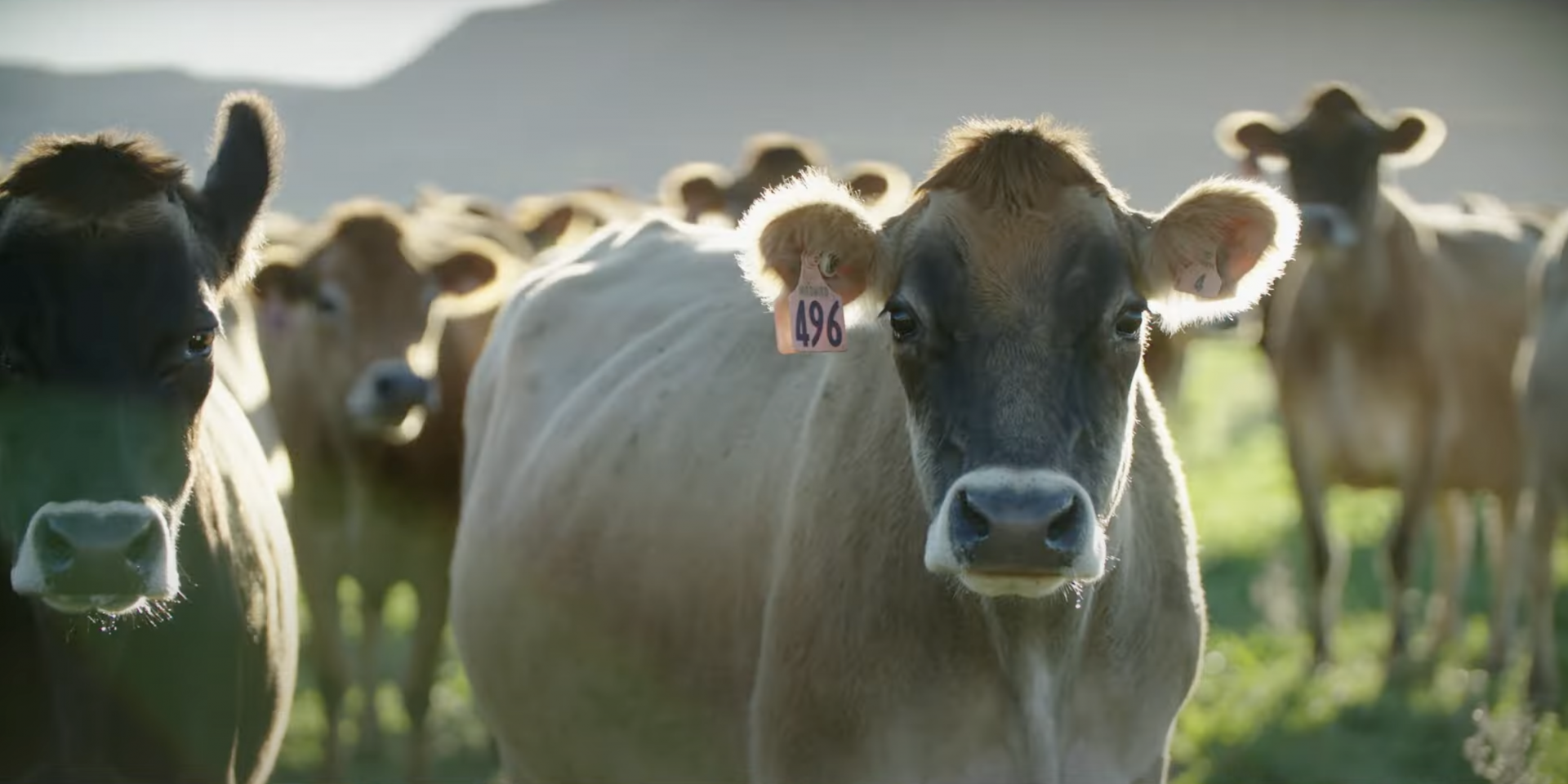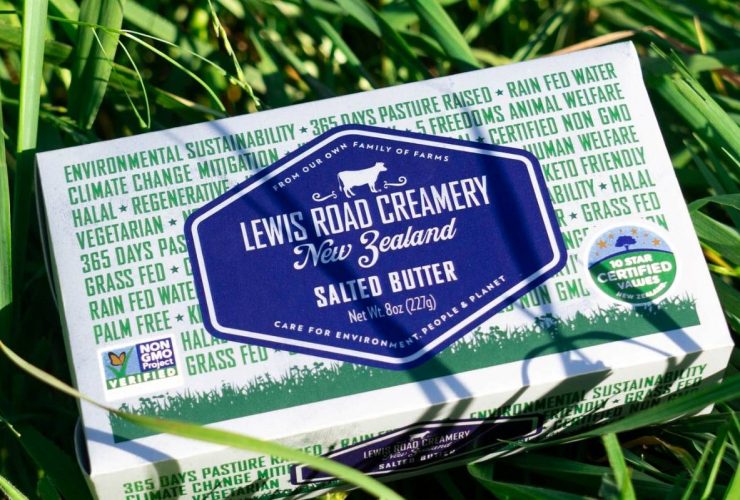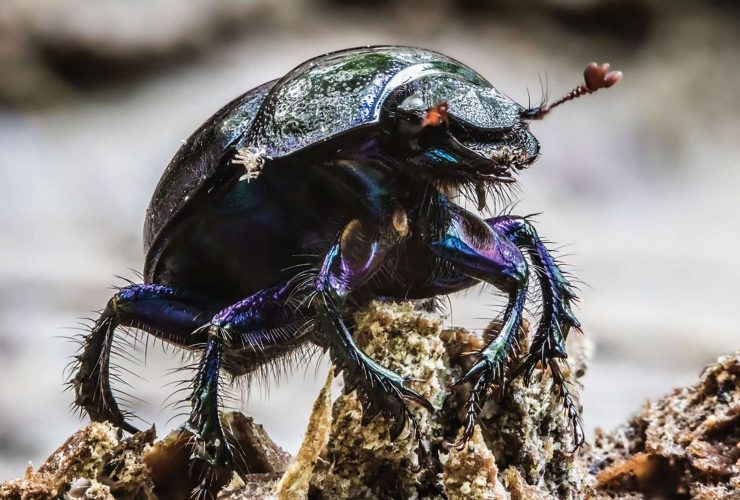New Zealand farmers Southern Pastures are leading the way in authentic carbon reduction to produce premium dairy.
As global demand for dairy continues to rise, so does concern about managing emissions from its production.
In the US alone, dairy cows are responsible for 1.3% of the country’s emissions total, producing 83.5 Mt of CO2e each year.
Growth in dairy demand is being driven by population growth, urbanisation and the need for protein in increasingly Westernised diets.
Balancing environmental health with the human need for high-quality nutrition is a challenge to farmers around the world. Industrial and even traditional dairy farming can have immense adverse effects on the land, from nutrient contamination of soil and groundwater pollution, to surface water eutrophication and ammonia emissions.
In New Zealand, premium dairy producer Southern Pastures is pursuing a long-term solution to this problem – investing in its soils to both sequester carbon and produce healthier dairy.
The Southern Pastures Approach
Southern Pastures owns 20 dairy farms, nestled among beautiful landscapes on both main islands of New Zealand.
While New Zealand farmers are already among the most carbon-efficient dairy producers in the world, Southern Pastures has set itself a long-term goal to go even further. It aims to become carbon-neutral and then eventually a net extractor of atmospheric carbon.
Their ambition is to achieve this through genuine in-setting of carbon on its farms, rather than off-setting through purchased tradable credits.
At the simplest level, this means building healthy soils that sequester carbon and produce nutrient-dense feed for dairy cows, so they in turn can produce the healthiest foods possible.
To focus every aspect of its system on this goal, Southern Pastures created its own independently-audited standards for excellence in pastoral farming, called the 10 Star Certified Values.
The 10 Stars contain strict measures for a grass-fed diet, free-range farming, no genetic modification (GMO), no hormones, no palm products, humane animal welfare practices, antibiotic stewardship, environmental sustainability, ambitious climate change mitigation practices, and a sensitivity to the human rights of the workforce, it’s global supply chains and the communities they farm in.
“Cows should be outside 365 days a year, eating what they should be eating, which is grass. The grass is huge in how we farm, we have to manage it for the whole season…We want to look after the land as well as the cows.”
– Daniel Styles, Farmer on Miromiro Farm, Southern Pastures
Read full article: globalthoughtleaders.org






